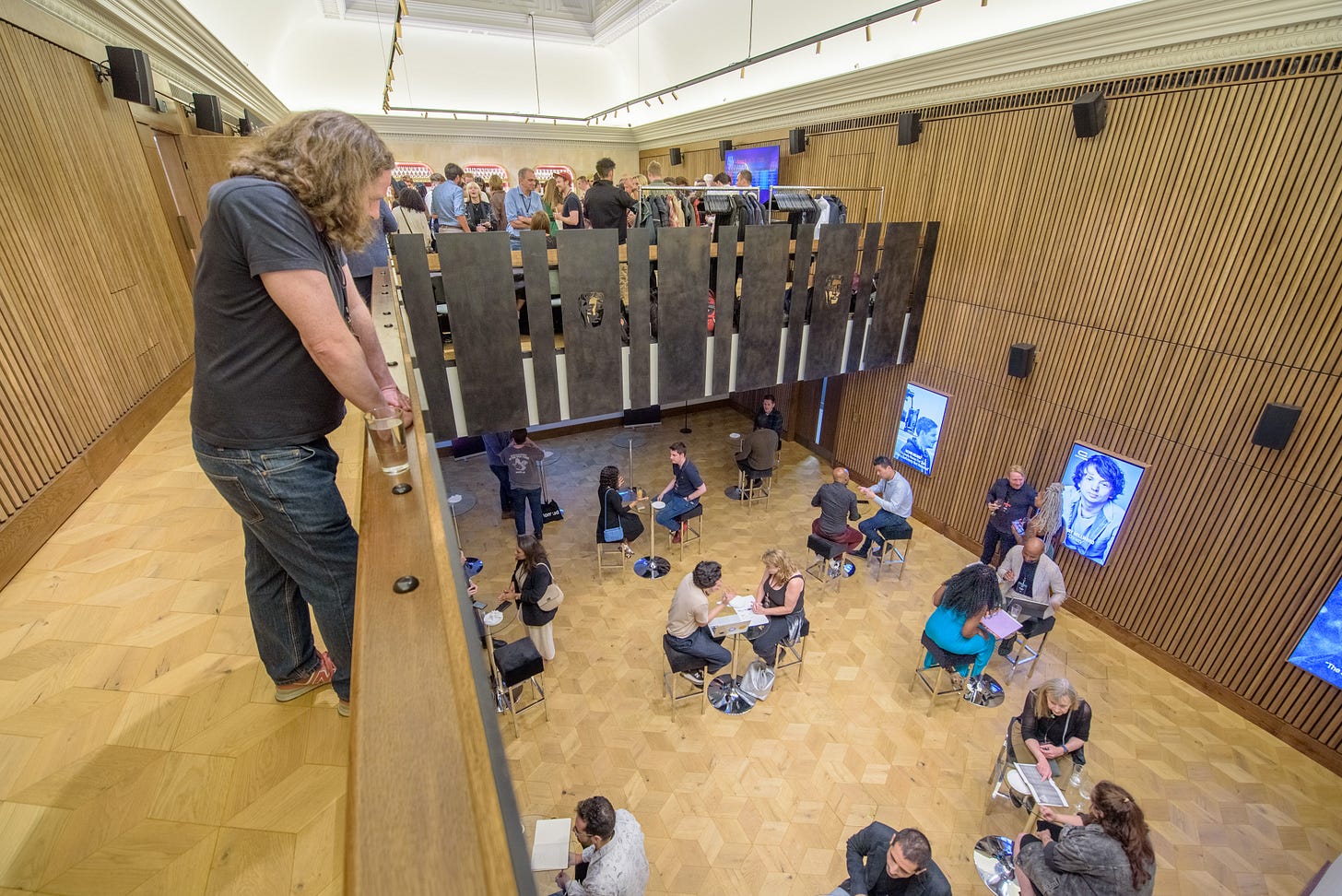When the Doors Close: Where Do Emerging Filmmakers Go?
The headlines tell a sobering story: the gates to the film industry are narrowing.
For every viral moment or rare breakthrough, hundreds—if not thousands—of emerging filmmakers are met with silence. Opportunities have contracted. As Vimeo, once a springboard for many filmmakers, significantly reducing its service in the UK and EU, including their Staff Picks, as well as notable initiatives like Coverfly closing, the Nicholl Fellowship limiting its entries, and many UK festivals losing their BAFTA-qualifying status, the question echoes louder every year: Where do filmmakers go when fewer and fewer opportunities consistently narrow?
That’s a question many filmmakers face. The goal for many storytellers is to find work and opportunities to tell the stories they love. Many new and established production companies, which have the capacity to get projects made, are often already overloaded with their existing slate. They rarely have the time—or bandwidth—to scout for unknown talent or watch new shorts. Much discussion often focuses on prejudice against certain narratives, but I believe a far more common occurrence is that decision makers default to a path of least resistance: Meaning, they’ll work with filmmakers they already know, who can get projects made, rather than putting in the time consuming work of discovering new talent and taking a risk on them. In short, they are simply too busy.
The result? Fresh voices remain overlooked. I believe the greatest suffering in diversity is that of “experience,” where new talent and seasoned professionals of the industry rarely get to meet.
This is the great filter working against emerging talent. Diversity of experience is left on the cutting room floor. A filmmaking career is a marathon, and enduring it at the early stages without support or capital is a luxury fewer and fewer can afford. And because there’s no standard length to this marathon, ageism creeps in, too. If you haven’t "made it" by a certain point, are you even still considered “emerging”?
Yet we try to persevere. Thousands of short films are made every year in the hope that the awards we receive could lead to rewards down the line. But if you’re an emerging filmmaker, how can you tell which paths and opportunities are genuine? And if existing institutions struggle to support the current situation, it’s up to independent organisations like us to step up to the plate.
My team and I have been laying the groundwork for several years now. The filmmaking experience needs streamlining, and the successes filmmakers have, the films they’ve made, and the projects they’re working on, must not get lost in the noise of social media. Attending networking events must feel like a step forward, and not just increasing your collection of business cards. Screenings for short films and highlighting filmmakers need to have the potential for real follow-up. Awards received need to bring benefits beyond personal validation.
We’ve already seen considerable success with our Industry Showcase and Meet the Execs events, where attending filmmakers met and signed with agents, had several follow-up meetings with broadcasters and production companies, including BBC Studios, Searchlight Pictures, Fremantle, and many others. Our Industry Alert newsletter regularly connects our readers with initiatives across the UK and with filmmakers on our platform. We’ve hosted multiple competitions, funded over 24 projects, and launched our CenterFrame Selects competition with notable filmmakers hand-picking their favourite short films.
We are building an ecosystem for filmmakers and the film industry. Not just a database of users, but a true social network bespoke to the filmmaking experience. To bring the stories, the storytellers, and the businesses that make it happen together in one place and truly connect them.
This ecosystem is not a purely digital experience. It is our philosophy to pursue and promote in-person opportunities, encouraging people to meet in real life.
This is how CenterFrame steps up to the plate, and we encourage other organisations, whether independent or mainstream, to join us in this effort. Emerging filmmakers, by definition, are the future of this industry. Let’s not succumb to the wounds left by shrinking spaces, but let’s cultivate new ones.
At the end of the day, the answer to “Where do filmmakers go?” is to rephrase the question to “Where CAN filmmakers go?”
We help filmmakers meet the right people. We help the industry do business. We want to be your map—to help you run this marathon.






